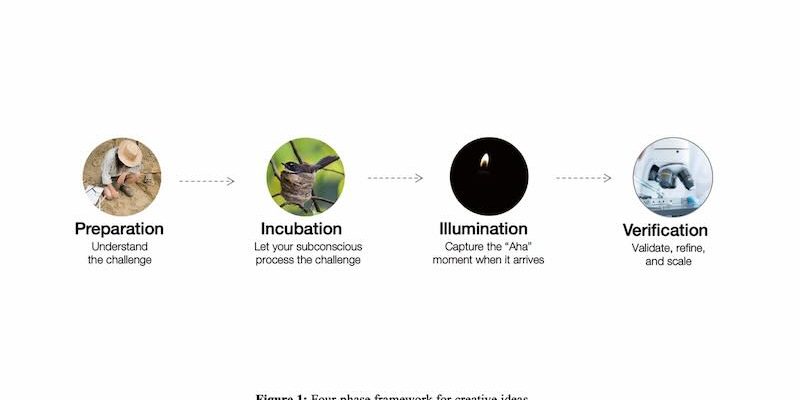
AmCham’s Human Resources Committee last year raised an important issue regarding how the Ministry of Labor (MOL) determines whether a given labor agreement constitutes an employment, mandate, or independent contractor relationship. The MOL makes this determination based on a 25-item checklist that includes such criteria as whether the business entity provides certain labor benefits; whether service providers can freely choose their working and rest hours; and whether they are obligated to register attendance and accept assignments from the business entity, among other factors.
The committee argued, however, that none of these criteria alone is necessarily indicative of a specific kind of work relationship. Furthermore, the designation of service providers as employees based on such standards has the potential to negatively affect certain business models that have become very popular and profitable in Taiwan.
One of these is online food delivery platforms, which grew substantially in 2020 thanks to the COVID-19 pandemic and wariness about eating in restaurants. By July, the penetration rate of such platforms among internet users in Taiwan reached 70%. The proliferation and popularity of these services has raised reasonable questions about how delivery personnel should be classified and what rights and benefits they are thus entitled to.
A recent survey of over 14,000 Taiwan-based delivery partners conducted by AmCham member company Uber Eats disclosed some surprising results. The majority of respondents – between 60 and 65% – said that they devote less than 40 hours a week to Uber Eats deliveries and do not rely on the platform as their main source of income. When asked whether the platform should be responsible for providing labor insurance, many responded in the negative, the assumption being that they already receive this benefit elsewhere.
In addition, nearly 60% said that if given the choice, they would not consider taking on a formal full-time job, while 72% said such a job would be incompatible with their lifestyle. They prefer the flexibility afforded by their part-time work with Uber Eats, and value their ability to arrange their own work hours, reject orders, and be paid per task completed. All of these indicators align with the “independent contractor” model as defined by the MOL.
The results of Uber Eats’ survey clearly indicate that most of its delivery partners consider the work that they perform for the company a supplementary source of income. Their main consideration in choosing such work is the income rather than non-salary benefits, and they prioritize flexibility over stability in their work arrangements with the company.
These results also support the suggestion made in AmCham’s 2020 Taiwan White Papers that the MOL consider the items included in its labor contract checklist in their totality when determining what kind of work relationship exists between a business entity and a worker. It should also recognize the value of independent and flexible work arrangements under the digital economy and refrain from applying rigid labor classification or regulations to app-based work.




